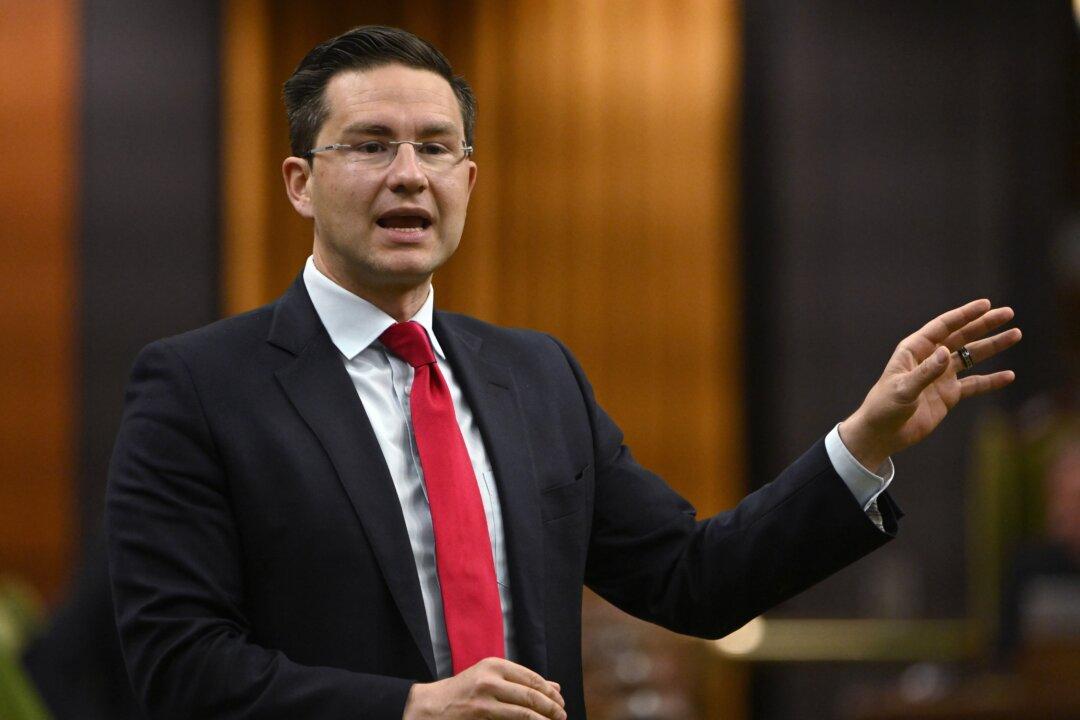Pierre Poilievre says he is running for prime minister. The firebrand Conservative MP and finance critic skipped announcing he was running to replace Erin O’Toole at the helm of the party and instead said he’s aiming to replace Justin Trudeau.
Poilievre published a video online on Feb. 5 to make his announcement. He opened with his familiar theme as finance critic, attacking the “money printing” of the government, which he says has increased the assets of the rich while generating high inflation and increasing the cost of living for everyday Canadians.





